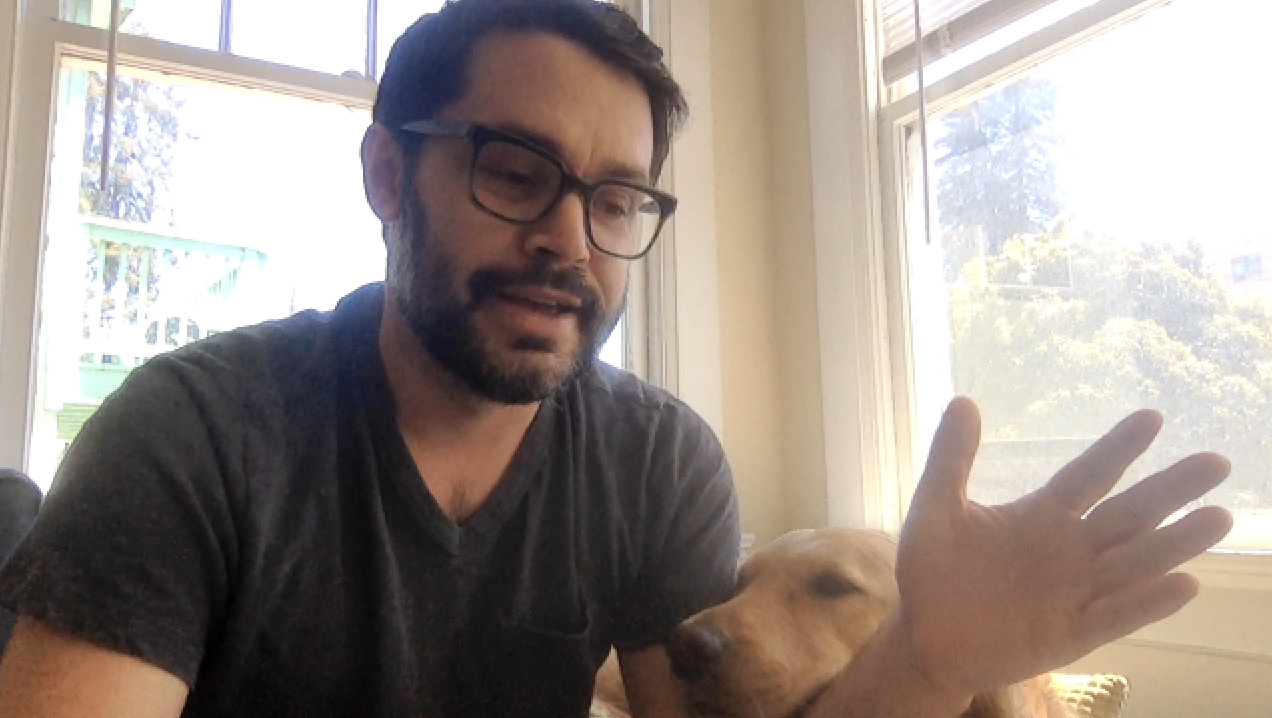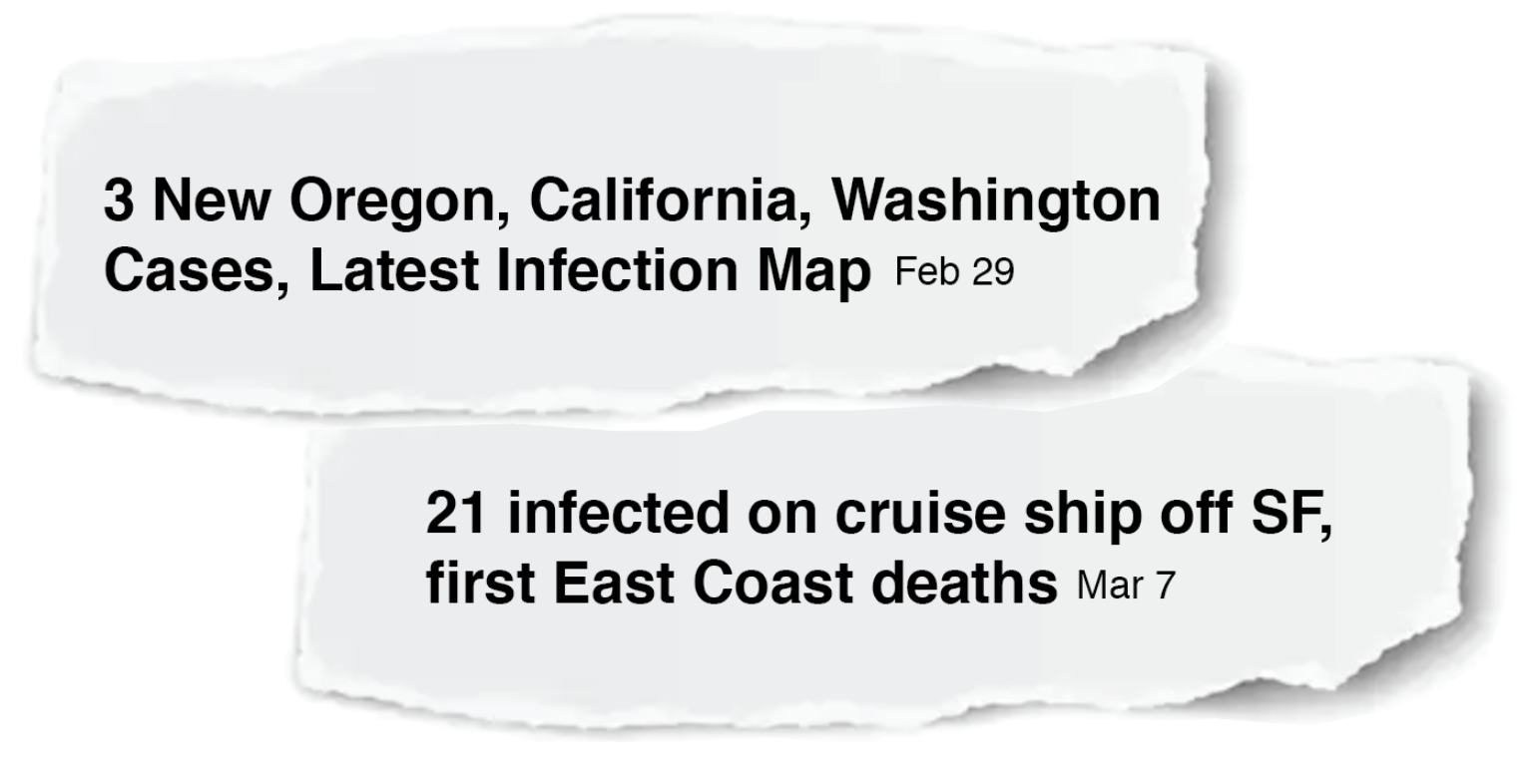Early on in the global pandemic our team at Skip realized that bad news was coming toward the US. Our founder, Ryder Pearce, would visit the San Francisco Passport Office (as part of Skip's passport service). The staff would remark how travel & tourism abroad was down drastically and they suspected it would only get worse. They based their insights into what they were hearing directly from China. That was mid-February.
On February 29th, 150 days ago today, we sent our first COVID-19 daily email update. Then there were 64 official COVID-19 infections in the US and 0 deaths. Today, we're getting that many positive cases every 2 minutes. Last week the US surpassed 4 million positive cases, and currently represents about 1 out of every 4 COVID-19 cases in the world.
📌 As always, your support means so much to us: Even just a follow on our Instagram, Facebook, Twitter, or YouTube, or all 4 — allows us to keep doing what we're doing. Want to get these emails? Sign up here.
How did we go from a few dozen cases to a few million so quickly?
In this post, we weave together the past 150 days of daily coverage and how things evolved and spiraled out of control. Most of us know the familiar pattern - lockdowns and jobs losses, slow testing and stimulus measures, reopening pressure and politics, surging cases and stubbornness.
In late February, COVID-19 was still primarily a travel concern. Our first emails focused on CDC travel warnings. Attention was focused on travelers returning from trips to Asia — primarily on the West Coast. Community spread wasn't a major issue yet.
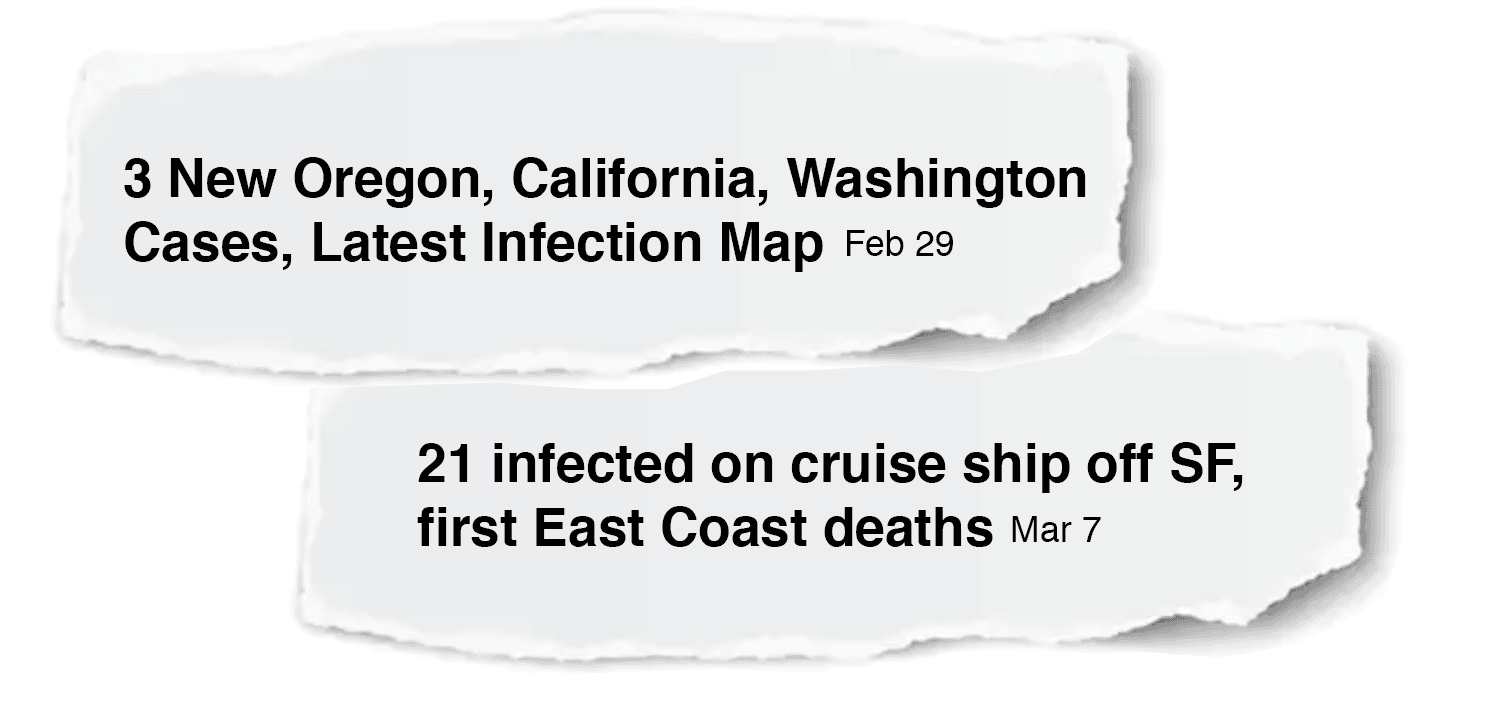
In mid-March things shifted rapidly, and lockdowns and layoffs became widespread. While Americans were watching what was happening in Seattle and San Francisco, COVID-19 spread rapidly throughout New York City. By late March, it was clear New York City was the new epicenter. 1/4th of the country was under "shelter-in-place" orders, and unemployment skyrocketed. Lawmakers quickly put together the original CARES Act legislation.
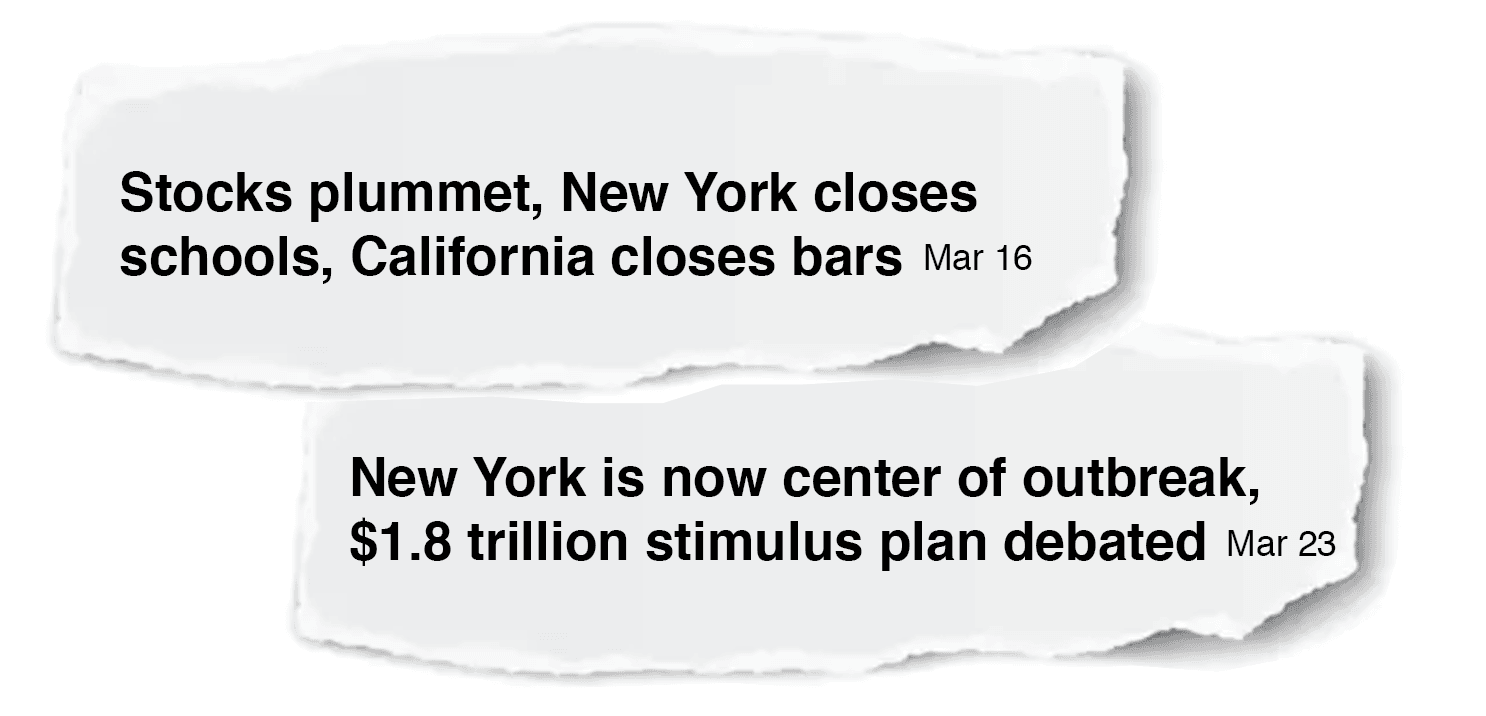
In early April, stimulus checks and business grants and loans started to be distributed. It was around this time we launched our free trackers — for EIDL grants, stimulus checks, and unemployment benefits. Complaints continued about the slowness of both the testing and the slowness of the distribution of benefits, grants, and loans. (We started to shine a light, including the distribution of EIDL grants and loans on this based on the data we were seeing).
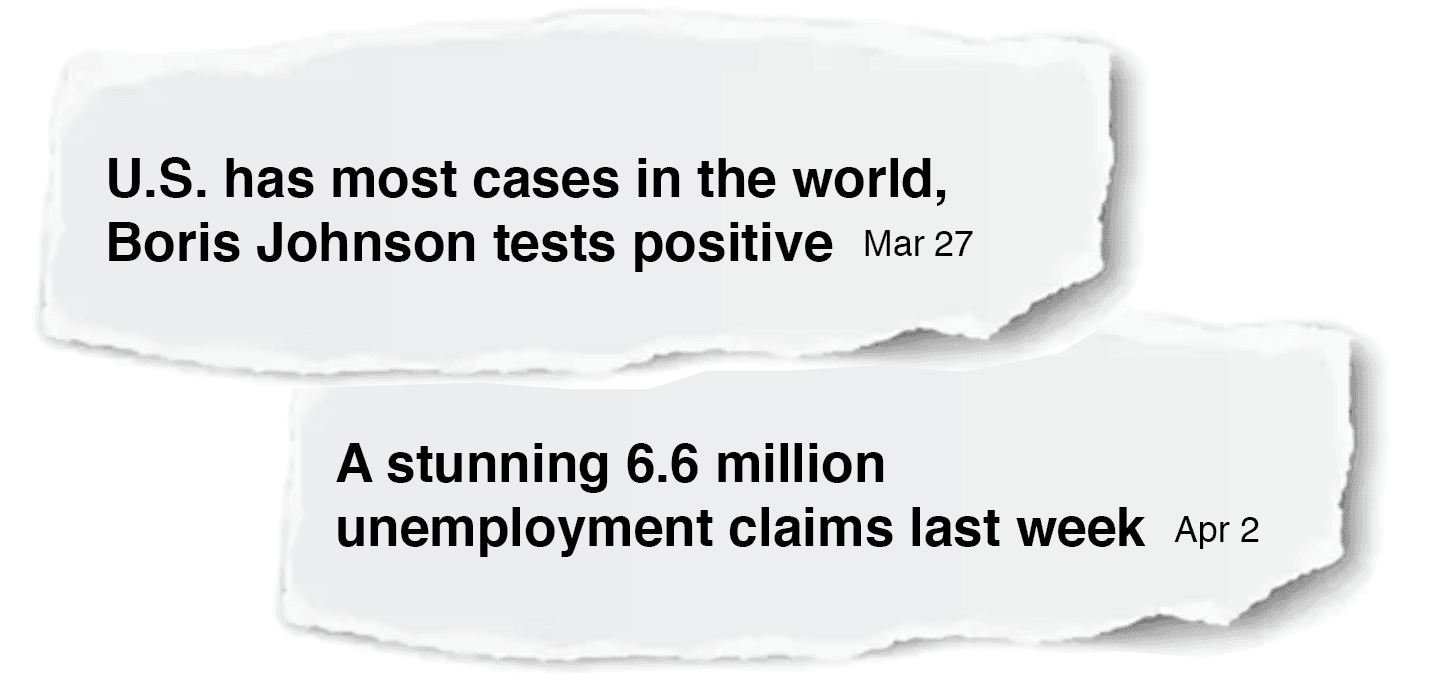
In April, New York started to control its surge but businesses remained closed due to state orders. As a result unemployment claims continued. We put together articles on how to find jobs, how to apply for unemployment, and what to do if you couldn't pay rent. We even covered creative ways to make extra money through side hustles and referral programs.
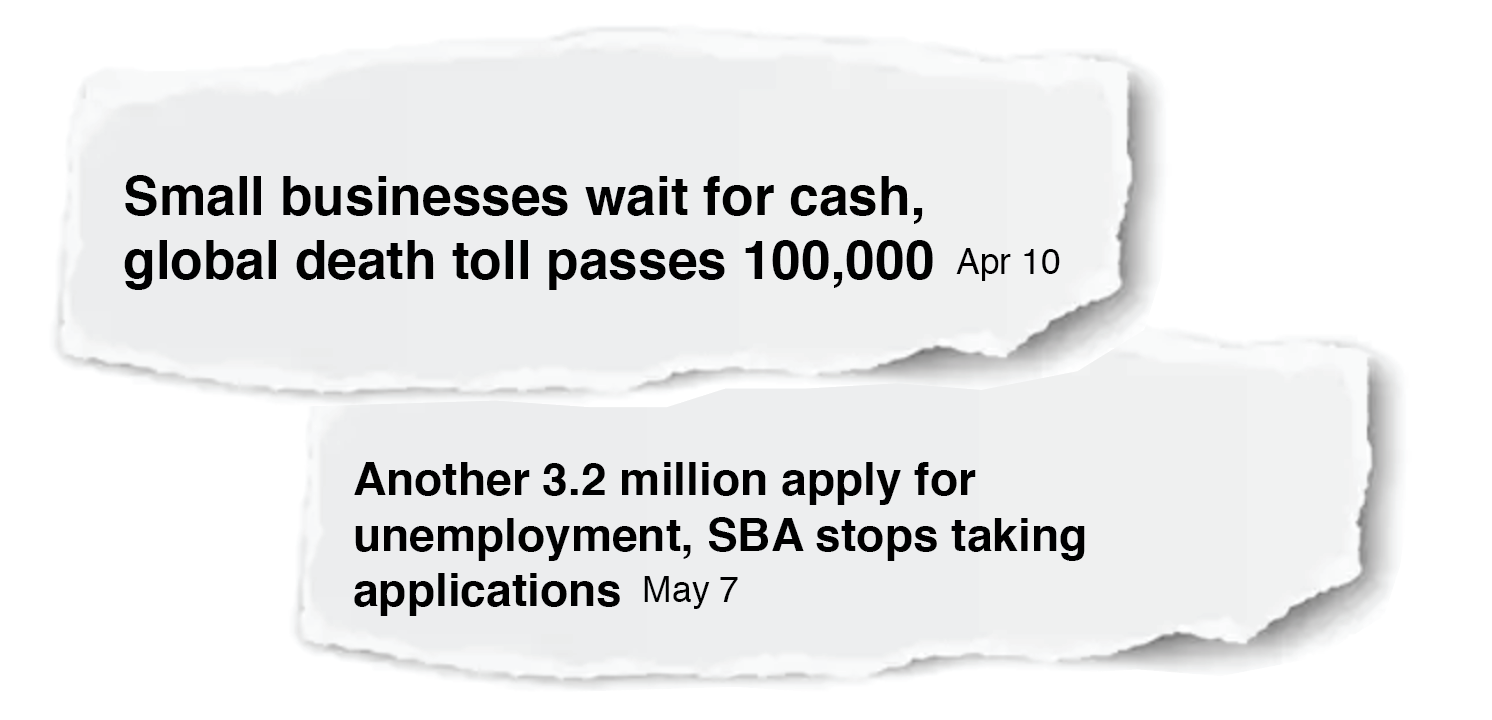
In May, states started experimenting with phased reopenings, and the results were not good. The Southeast of the US was the first region to really attempt reopening. In June, these states became the new US hotspots - and still are to a large extent. At this point, businesses were still struggling, but we launched our SupportCovidRecovery.com initiatives so we could help local businesses with loans and grants, marketing and building their online presence. We continued to share new information to businesses and individuals, such as info on the "Coronavirus Surcharge" and the best ways to keep your finances in shape during the pandemic.
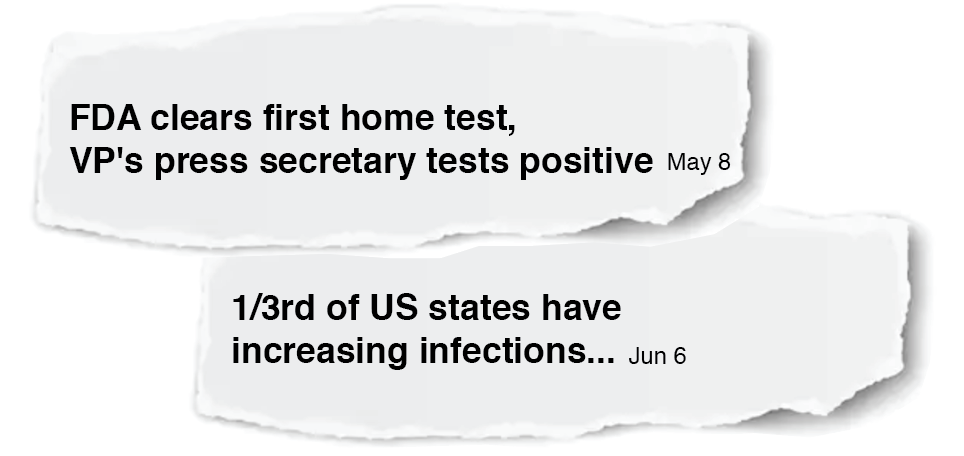
Since June the numbers in the US have continue to climb and we're consistently passing 75,000 new infections per day in the last week. Many other countries have even banned American travelers (full list here). The rest of the world is also wondering why cases are skyrocketing, still, throughout the US. Most schools by this point have made the decision to start the fall entirely, or in part, online.
Meanwhile, Congress is looking to pass another stimulus bill this week. As cases continue to rise, vaccine development chugs along, and uncertainty remains, some more aid will at least help mitigate an eviction crisis. Today, it was announced that the $600 per week unemployment supplemental benefit will likely be reduced by 2/3.
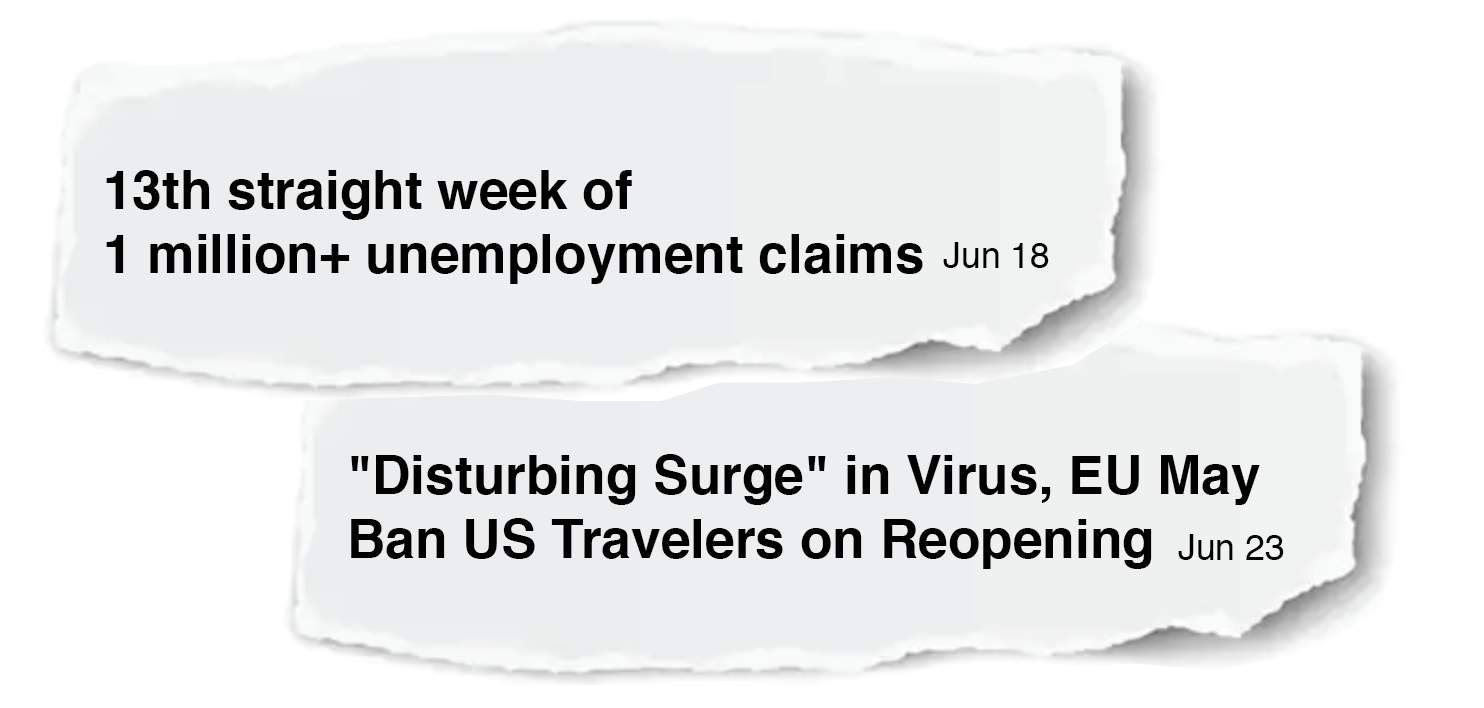
From all of us at Skip, we hope you are doing well and staying healthy. We continue to wish the best for everyone, and we continue to work as hard as we can to help as many people as we possibly can - through information and services. Reach out anytime if we can help directly.
📌 Your support — even just a follow on our Instagram, Facebook, Twitter, or YouTube, or all 4 — means so much to us, and allows us to keep serving our community. Thank you!
